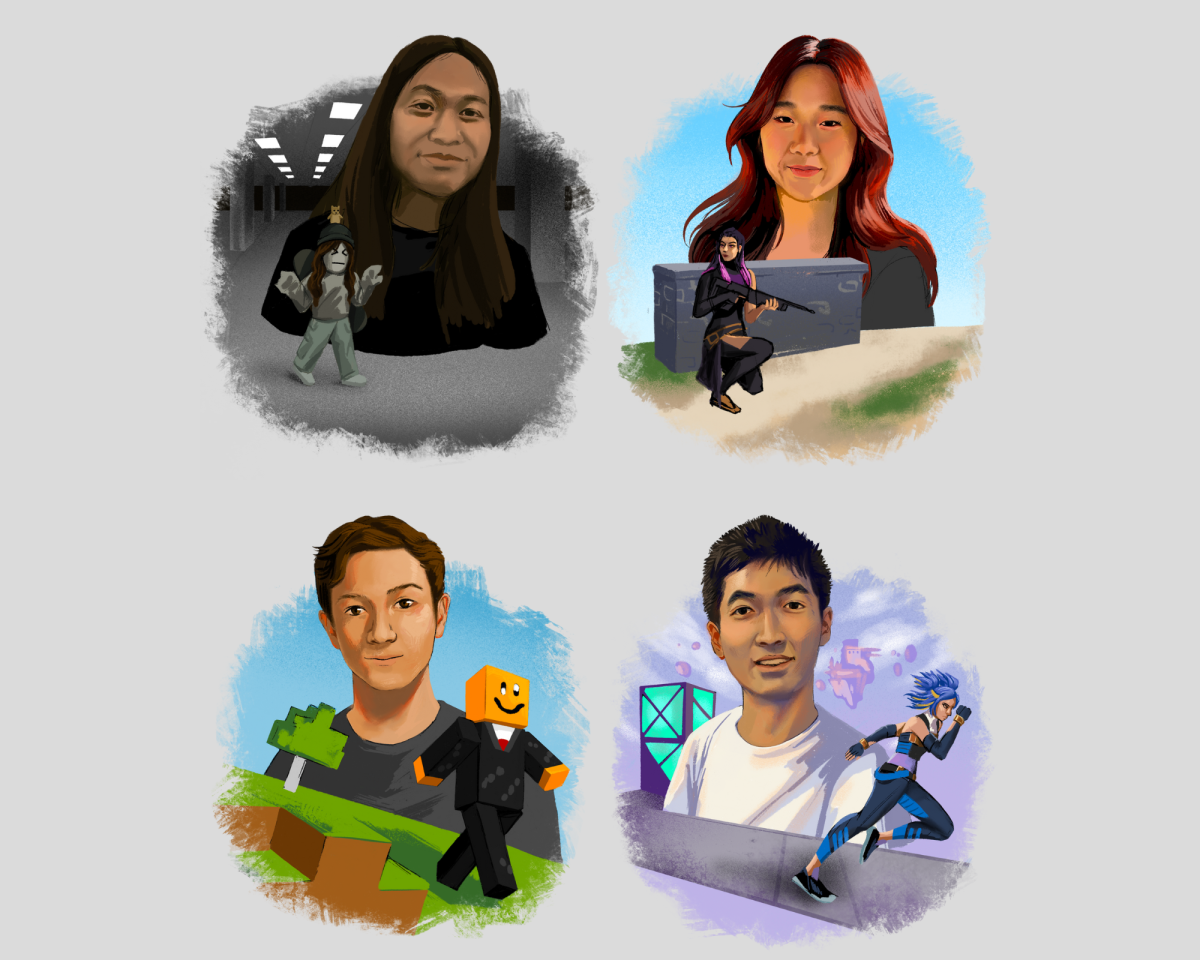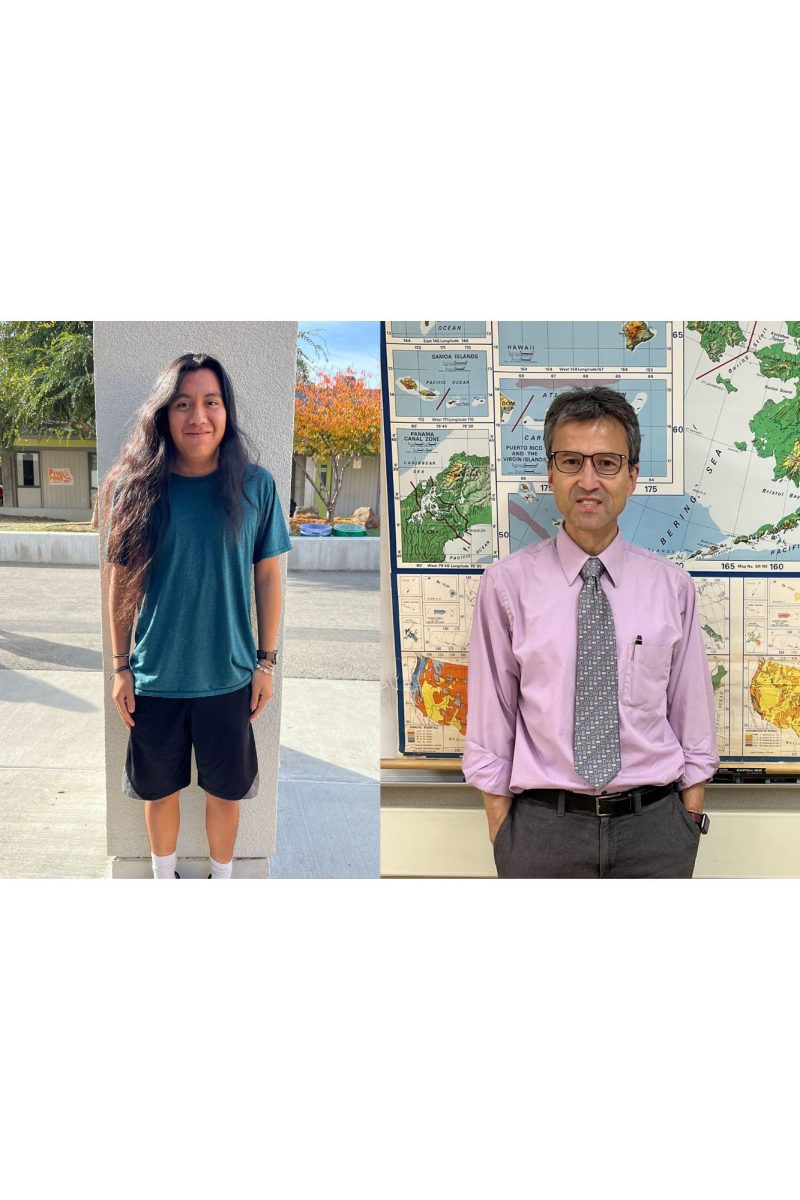Written by Ariel Pan
Published in the November 6th, 2015 issue
At Gunn, students are able to experience one period of another culture before walking back out into a culture they are familiar with. Even for those who travel to different countries, the temporary stay doesn’t affect them. However, first-generation immigrants are not able to walk back out of a classroom into their own culture. Instead, they are immersed in a different culture and must work to be accepted into the community.
Sophomore Zuxin Li, who moved from China just a year ago, found that whether or not she felt accepted at school depended heavily on her knowledge of English. “Sometimes if the teacher put us into separate groups I couldn’t even communicate with my classmates,” she said. “I felt sad about it but now I am able to communicate with them so I don’t feel as separated now.”
Freshman Aika Tanaka who moved from Japan last year had a similar experience outside of school. “Learning English was my biggest challenge when I first came because I didn’t know any English,” she said. “Sometimes in supermarkets, people didn’t know what I was talking about.”
English Language Learner (ELL) students only take their English and history classes with other ELL students; they take all their other classes with regular students. Learning the material is difficult because they have to relearn terms in English. Asking other students about terms they don’t know is sometimes embarrassing since non-ELL students will have already learned the terms. “When I just moved here, I was really shy
about asking people something about words I didn’t know,” Li said. After interacting more with her peers, Li says she now feels more comfortable asking questions.
ELL teacher and coordinator Kerstin Helbing says that while Gunn is generally welcoming towards immigrants, specific individuals will tell different stories. She believes Gunn can become even more ac- cepting by putting more effort into inviting and understanding foreign students. “Every English learner has to do double work,” she said. “If we can respect that and see that as something fantastic, then I think we help them again.”
This doesn’t mean students should make grand gestures to incorporate foreign students; subtle acts usually works best. “If someone does something special for you and you’re different than everyone else, then it would feel weird,” Li said. “Just be normal and give us time to get used to it.”
Becoming part of a culture is not a practiced formula. It depends on the person and their circumstances, and it is not clearcut when one finds out they have accepted another culture and it has accepted them. “I thought it was very interesting because I did not know when that was, when I started feeling, ‘Yes, I’m home,’” Helbing said. “I cannot put a mark on it, but it happened. I do feel home.”























